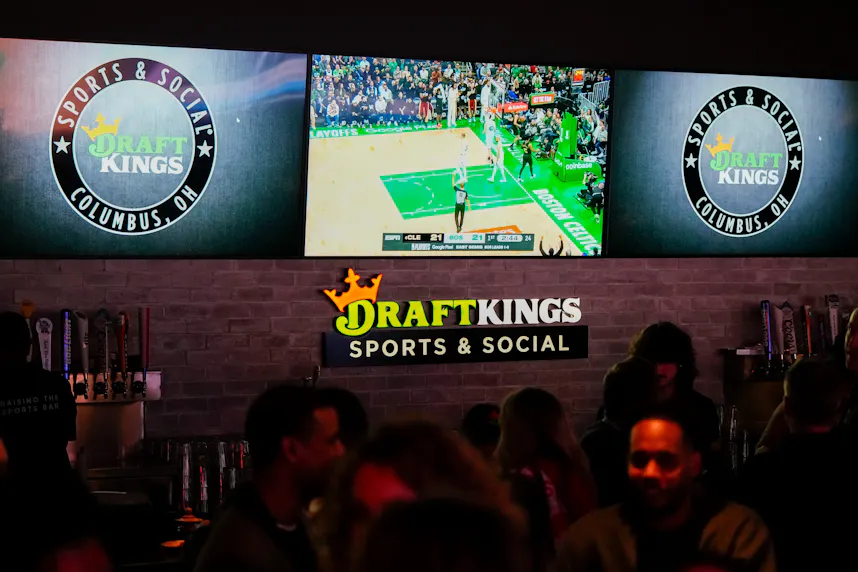DraftKings Sued After Rejecting $14 Million in Payouts

Last updated: June 3, 2025 2:39 PM EDT • 3 min read X Social Google News Link

An Iowa man is suing DraftKings Inc. and its Iowa-based subsidiary, Crown IA Gaming, seeking $14.2 million in winnings that he claims were wrongfully voided after placing a series of bets on a rain-shortened PGA golf tournament.
The case has drawn attention to the murky betting rules of one of the largest sportsbook operators in the U.S. and is currently being heard in U.S. District Court for the Southern District of Iowa. Nicholas Bavas alleges in his lawsuit that he placed five bets on the 2024 AT&T Pebble Beach Pro-Am tournament, wagering on the assumption that weather conditions would lead to a shortened competition.
Forecasters had warned of severe rain and wind, which ultimately forced the PGA Tour to conclude the tournament after just 54 holes on Feb. 4. DraftKings continued to accept wagers throughout Feb. 3, including those placed by Bavas.
The bets were submitted on Feb. 3 and shortly after midnight on Feb. 4. Bavas wagered a total of $325 across five different parlays. The largest of these, a $100 "20 Picks" parlay with Wyndham Clark as the tournament winner, had a promised payout of over $4.6 million.
Two other identical bets were also placed on the same selection set for $50 and $100, respectively, while a fourth bet for $25 targeted a group of top-20 finishers, offering a payout of $250,068. A final $50 bet, also on top finishers, mirrored the structure of a previous wager.
On Feb. 4, the PGA Tour delayed the final round due to the extreme weather. It later declared the tournament complete after 54 holes, making Clark the official winner and validating the positions of other top finishers. Bavas asserts that all his selections were correct as of the final standings, so his bets should be considered winners.
Selectively applying the rules
DraftKings, however, refunded the wagered amounts and voided the bets, citing internal rules that nullify "futures bets" placed after the final shot of a tournament - if that round is subsequently deemed the last one. According to Bavas' lawsuit, these rules are selectively applied and overly complex, allowing DraftKings to determine outcomes based on financial exposure rather than fairness or transparency.
The lawsuit contends that DraftKings' rules did not clearly apply to multi-selection parlays, such as those placed by Bavas in the Iowa sports betting market. His legal team argues that even if the sportsbook had grounds to void Clark's selection as the winner, the other legs of the parlay - players who also finished in top positions - should have been recalculated to determine adjusted payouts rather than voiding the entire bet.
Attorney Ben Lynch, representing Bavas, said the sportsbook cannot impose double standards. He emphasized that DraftKings would not have refunded a losing wager under similar circumstances. According to Lynch, DraftKings applied a rule retroactively that was not in force when the bets were placed, amounting to a post hoc rewriting of contractual terms.
In recent news, the sportsbook giant has also been at the centre of speculation regarding Las Vegas Sands’ (LVS) departure from its Long Island casino project at Nassau Coliseum. DraftKings was reportedly a contender to take on the project, but sources indicate that the operator has since ended talks with LVS.

Ziv Chen X social





